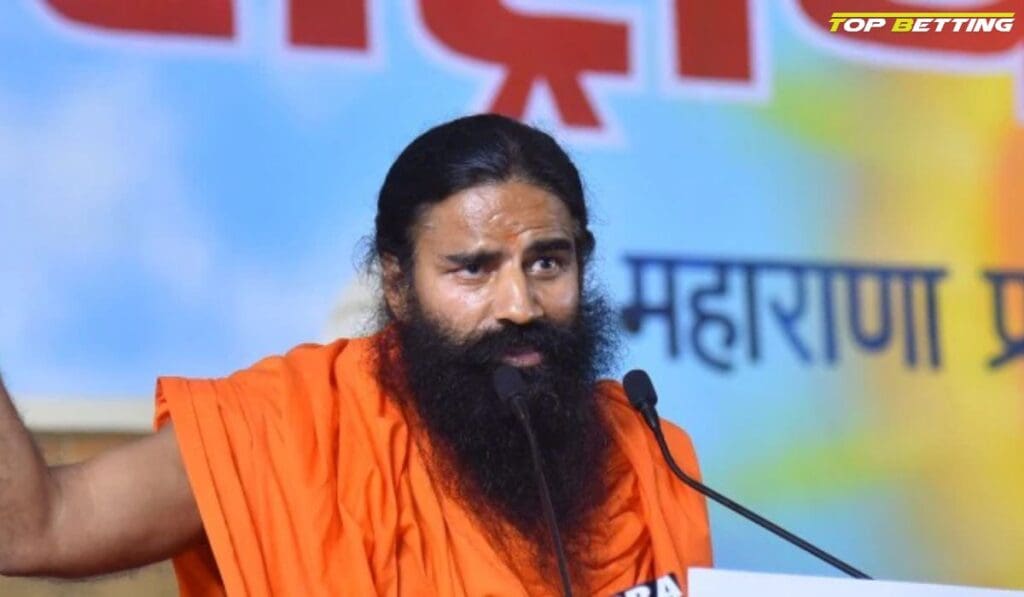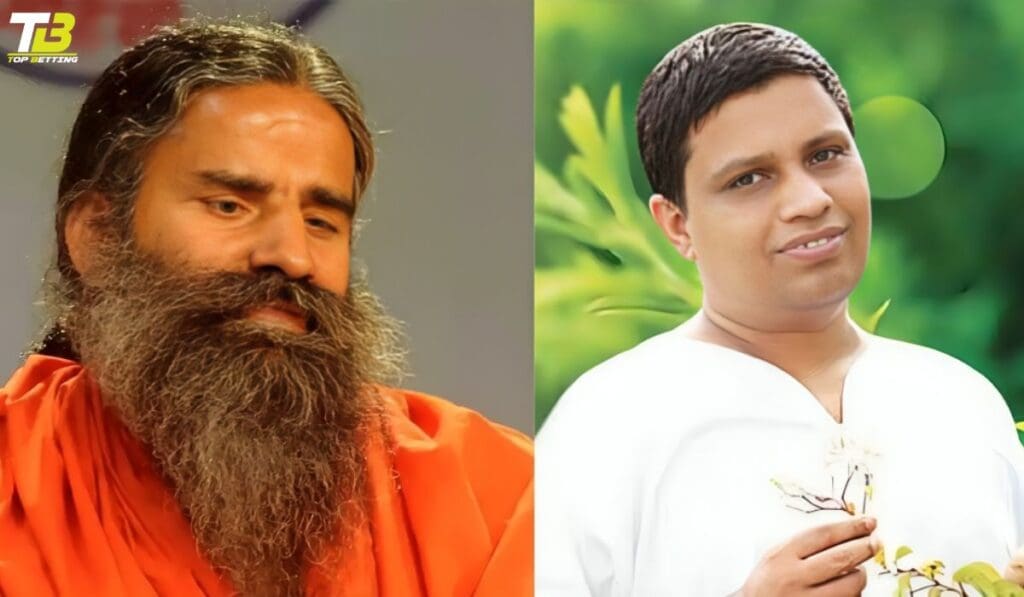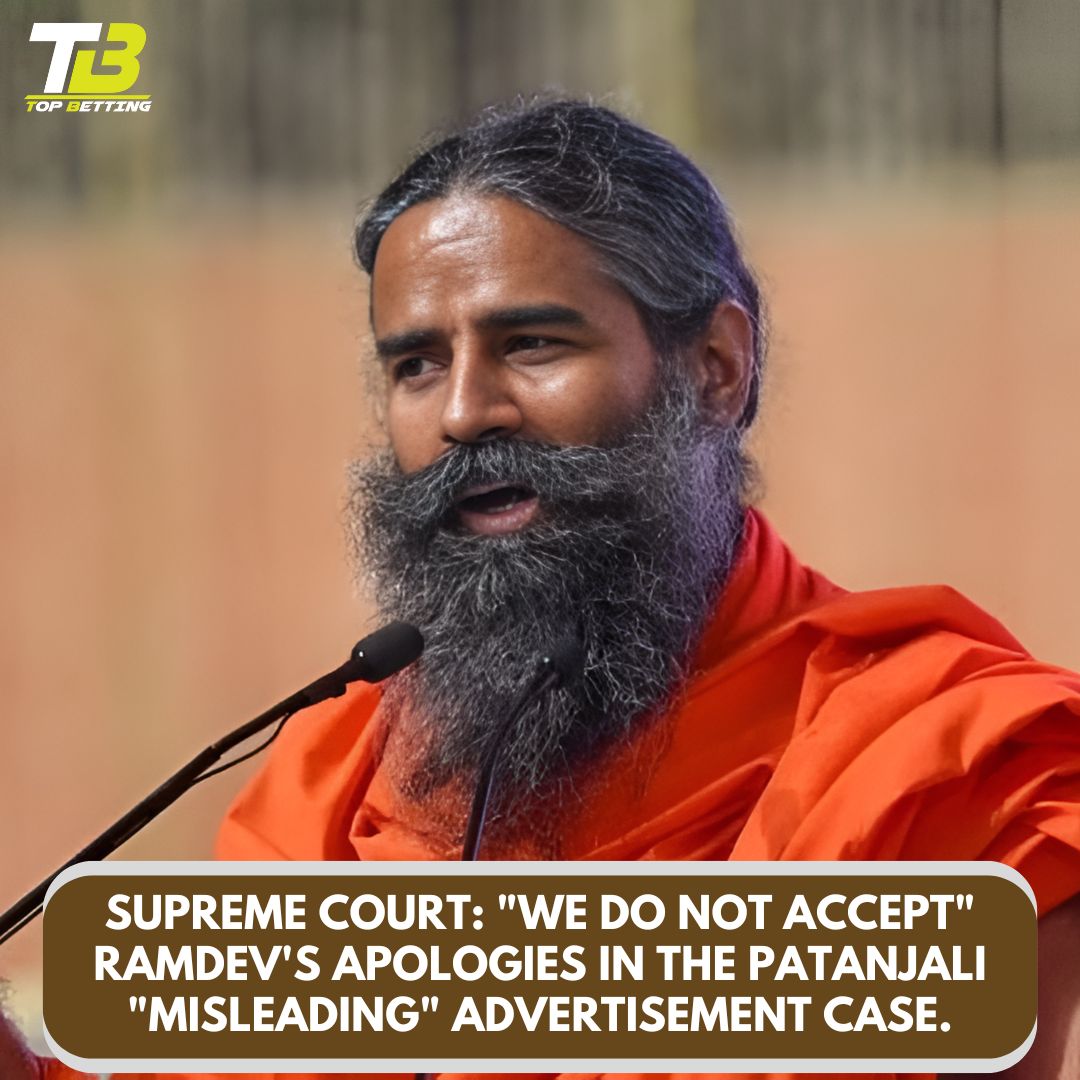
SC Rejects Ramdev’s Apology | We do not accept
Introduction
In a significant development, the Supreme Court of India has refused to accept the apology tendered by Baba Ramdev and Acharya Balkrishna, the founders of Patanjali Ayurved, in the context of misleading advertisements. This decision marks a pivotal moment in the legal battle against false claims made by FMCG companies, and it raises important questions about the responsibility of such companies and the role of the judiciary in protecting consumers. In this article, we will delve into the details of the case, the court’s observations, and the implications of this landmark decision.
Background of the Case
The controversy surrounding Patanjali Ayurved‘s misleading advertisements began when the Indian Medical Association filed a petition against the company for its claims about the efficacy of its products in curing certain diseases. The Supreme Court took cognizance of the matter and directed Patanjali to refrain from making any false or misleading statements in its advertisements. However, despite this directive, the company continued to publish misleading claims, prompting the court to issue a contempt notice to Baba Ramdev and Acharya Balkrishna.
Patanjali’s Apology Rejected
In response to the contempt notice, Baba Ramdev and Acharya Balkrishna tendered an apology in the form of an affidavit expressing “unconditional and unqualified” regret for violating the court’s earlier undertaking. However, the Supreme Court, comprising Justices Hima Kohli and Ahsanuddin Amanullah, refused to accept their apology. The court observed that the apology appeared to be merely a formality and criticized the founders for their willful and deliberate disobedience of the court’s directions.
Court’s Observations and Criticisms
The Supreme Court made several noteworthy observations during the hearing. One of the key criticisms was directed towards the Uttarakhand government and its licensing authorities for their inaction in taking legal action against Patanjali and its subsidiary, Divya Pharmacy. The court questioned whether these authorities were complicit in allowing misleading advertisements to be published. The court expressed its concern about the health issues that may arise due to the dissemination of false information by FMCG companies and emphasized the need for stringent action against such practices.
Another significant observation made by the court was regarding the false claims made by Baba Ramdev and Acharya Balkrishna about their travel abroad in an attempt to evade personal appearance before the court. The court highlighted discrepancies in the flight tickets submitted as evidence and criticized the founders for their attempts to manipulate the legal process.
Demands for Action
The Supreme Court not only rejected the apology but also demanded action against the negligent officers of the Uttarakhand government’s licensing authority. The court expressed its disappointment with the authorities’ lack of action and their attempts to delay the proceedings. The court directed that all officers holding the post of Joint Director of the State Licensing Authority, Haridwar, between 2018 and the present date should file affidavits explaining their inaction.
Implications of the Landmark Decision
The rejection of Patanjali’s apology by the Supreme Court sends a strong message to FMCG companies and other entities that engage in misleading advertising practices. It emphasizes the court’s commitment to upholding consumer rights and holding companies accountable for their claims. The decision also highlights the need for stricter regulations and enforcement mechanisms to prevent false advertising and protect consumers from potential harm.
Additionally, this case sets a precedent for future legal battles against misleading advertisements. It establishes the importance of adherence to court-ordered undertakings and warns companies against making false claims in their marketing campaigns. The judgment serves as a reminder that the court will not tolerate willful disobedience and will take appropriate action to safeguard consumer interests.

In its ruling last year, the Supreme Court mentioned that Patanjali Ayurved’s legal representative had promised that “from now on, there won’t be any infractions of any laws, particularly concerning the branding or advertising of its manufactured and marketed products and, further, that no trite remarks asserting therapeutic efficacy or disparaging any medical system will be released to the media in any way.”
The Supreme Court has ruled that Ramdev’s apology in the Patanjali “misleading” marketing case is not acceptable.
The Indian Medical Association filed a case with the court asking for rules banning deceptive and false advertising about allopathy and contemporary medicine.

Conclusion
In a significant development, the Supreme Court of India has rejected the apology tendered by Baba Ramdev and Acharya Balkrishna of Patanjali Ayurved in the context of misleading advertisements. The court’s decision reflects its commitment to consumer protection and sends a strong message to FMCG companies about the consequences of false advertising. This landmark judgment serves as a deterrent for companies engaging in misleading practices and highlights the need for stricter regulations in the advertising industry. As consumers, we can take solace in the fact that the judiciary is actively working to safeguard our interests and ensure that we are not misled by false claims.











